Stone tool discovery could offer new clue in mystery of ancient ‘hobbit’ humans. Archeologists have uncovered primitive sharp-edged stone tools on the Indonesian island of Sulawesi, adding another piece to an evolutionary puzzle involving mysterious ancient humans who lived in a region known as Wallacea.
Located beyond mainland Southeast Asia, Wallacea includes a group of islands between Asia and Australia, among which Sulawesi is the largest. Previously, researchers have found evidence that an unusual, small-bodied human species dubbed Homo floresiensis — also called “hobbits” due to comparisons with the diminutive characters in fantasy author J.R.R. Tolkien’s books — lived on the nearby island of Flores from 700,000 years ago until about 50,000 years ago.
The newly discovered flaked stone tools, which date back between 1.04 million to 1.48 million years ago, represent the oldest evidence for human habitation of Sulawesi and suggest the island might have been inhabited by early human ancestors, or hominins, at the same time — or possibly earlier — than Flores. Researchers reported the findings in a study published Wednesday in the journal Nature.
Researchers are still trying to answer key questions about these Wallacea island hominins — namely when and how they arrived on the islands, which would have required an ocean crossing.
Flaked stone tools were earlier uncovered on Flores and dated to about 1.02 million years ago. The latest find suggests there might have been a link between the populations on Flores and Sulawesi — and that perhaps Sulawesi was a stepping stone for the hobbits on Flores, according to the authors of the new research, who have studied sites on Flores.
“We have long suspected that the Homo floresiensis lineage of Flores, which probably represents a dwarfed variant of early Asian Homo erectus, came originally from Sulawesi to the north, so the discovery of this very old stone technology on Sulawesi adds further weight to this possibility,” said co-lead study author Dr. Adam Brumm, professor of archeology at Griffith University’s Australian Research Centre for Human Evolution.
Discovering prehistoric tools
Excavations conducted by co-lead study author Budianto Hakim, senior archeologist at the National Research and Innovation Agency of Indonesia, began on Sulawesi in 2019 after a stone artifact was spotted protruding from a sandstone outcrop in an area known as the Calio site in a modern cornfield.
The site — in the vicinity of a river channel — would have been where hominins made their tools and hunted 1 million years ago, according to the archeologists, who also found animal fossils in the area. Among the finds was a jawbone of the now-extinct Celebochoerus, a type of pig with unusually large upper tusks.
At the conclusion of excavations in 2022, the team uncovered seven stone tools. Dating of the sandstone and fossils resulted in an age estimate for the tools of at least 1.04 million years old to potentially 1.48 million years old. Hominin-related artifacts previously found on Sulawesi had been dated to 194,000 years ago.
The small, sharp stone fragments used as tools were likely fashioned from larger pebbles in nearby riverbeds, and they were probably used for cutting or scraping, Brumm said. The tools are similar to early human stone technology discoveries made before on Sulawesi and other Indonesian islands as well as early hominin sites in Africa, he added.
“They reflect a so-called ‘least-effort’ approach to reducing stones into useful, sharp-edged tools; these are uncomplicated implements, but it requires a certain level of skill and experience to make these tools — they result from precise and controlled flaking of stone, not randomly bashing rocks together,” Brumm said.
But who was responsible for making these tools in the first place?
“It’s a significant piece of the puzzle, but the Calio site has yet to yield any hominin fossils,” Brumm said. “So while we now know there were tool-makers on Sulawesi a million years ago, their identity remains a mystery.”
The fossil record on Sulawesi is sparse, and ancient DNA degrades more rapidly in the region’s tropical climate. Brumm and his colleagues retrieved DNA a few years back from the bones of a female teenage hunter-gatherer who died more than 7,000 years ago on Sulawesi, revealing evidence of a previously unknown group of humans, but such finds are incredibly rare.
Another roadblock to unraveling the enigma has been the lack of systematic and sustained field research in a region of hundreds of separate islands, some of which archeologists have never properly investigated, Brumm said.
An ancient ocean crossing
The researchers do have a theory about the identity of this unidentified ancient hominin, who might represent the earliest evidence of ancient humans crossing oceans to reach islands.
“Our working hypothesis is that the stone tools from Calio were made by Homo erectus or an isolated group of this early Asian hominin (e.g., a creature akin to Homo floresiensis of Flores),” Brumm wrote in an email.
In addition to fossils and stone tools on Flores and the tools now found on Sulawesi, researchers have also previously discovered stone tools dating to around 709,000 years ago on the isolated island of Luzon in the Philippines, to the north of Wallacea, suggesting ancient humans were living on multiple islands.
Exactly how our early ancestors could have reached the islands to begin with remains unknown.
“Getting to Sulawesi from the adjacent Asian mainland would not have been easy for a non-flying land mammal like us, but it’s clear that early hominins were doing it somehow,” Brumm wrote.
“Almost certainly they lacked the cognitive capacity to invent boats that could be used for planned ocean voyages. Most probably they made overwater dispersals completely by accident, in the same way rodents and monkeys are suspected to have done it, by ‘rafting’ (i.e., floating haplessly) on natural vegetation mats.”
John Shea, a professor in the anthropology department at Stony Brook University in New York, said he believes that the new study, while not a game changer, is important and has far-reaching implications for understanding how humans established a global presence. Shea was not involved in the new research.
#Homosapiens, or modern humans, are the only species for which there is clear, unequivocal evidence of watercraft use, and if Homo erectus or earlier hominins crossed the ocean to the Wallacean islands, they would have needed something to travel on, Shea said.
The waters separating the Wallacean islands are home to sharks and crocodiles and have rapid currents, so swimming wouldn’t have been possible, he added.
“If you have ever paddled a canoe or crewed in a sailboat, then you know that putting more than one person in a boat and navigating it successfully requires spoken language, a capacity paleoanthropologists think pre-Homo sapiens hominins did not possess,” Shea said. “On the other hand, just because some earlier hominins made it to these Wallacean islands does not mean they were successful.”
By success, Shea means long-term survival.
“They might have survived a while after arriving, left behind indestructible stone tools, and then became extinct,” Shea said via email. “After all, the only hominin that is not extinct is us.”
Searching for key fossils
Brumm and his colleagues are continuing their investigative work at Calio and other sites across Sulawesi to search for fossils of early humans.
There is also a growing body of evidence to suggest that tiny Homo floresiensis was the result of a dramatic reduction in body size over the course of around 300,000 years after Homo erectus became isolated on Flores about 1 million years ago. Animals can scale down in size when living on remote islands due to limited resources, according to previous research.
Finding fossils might help researchers understand the evolutionary fate of Homo erectus, if it is the human ancestor who made it to Sulawesi. The world’s 11th-largest island and an area more than 12 times the size of Flores, Sulawesi is known for its rich, varied ecological habitats, Brumm said.
“Sulawesi is a bit of a wild card. It is essentially like a mini-continent in of itself,” Brumm noted. “If Homo erectus became isolated on this island it might not necessarily have evolved into something like the strange new form found on the much smaller Wallacean island of Flores to the south.”
Alternatively, Sulawesi could have once been a series of smaller islands, resulting in dwarfism in multiple places across the region, he said.
“I really hope hominin fossils are eventually found on Sulawesi,” Brumm said, “because I think there’s a truly fascinating story waiting to be told on that island.”



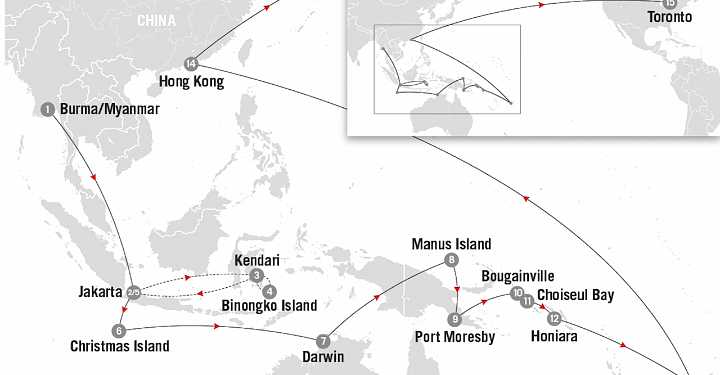



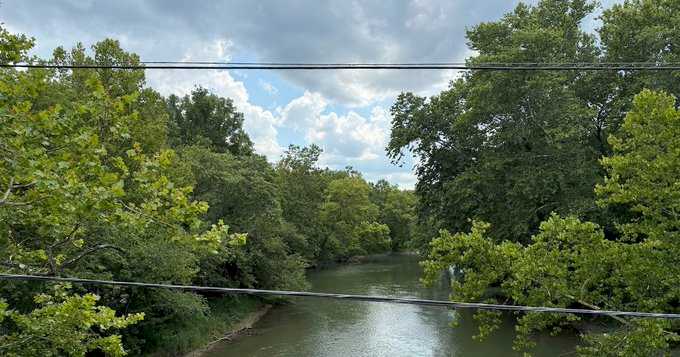
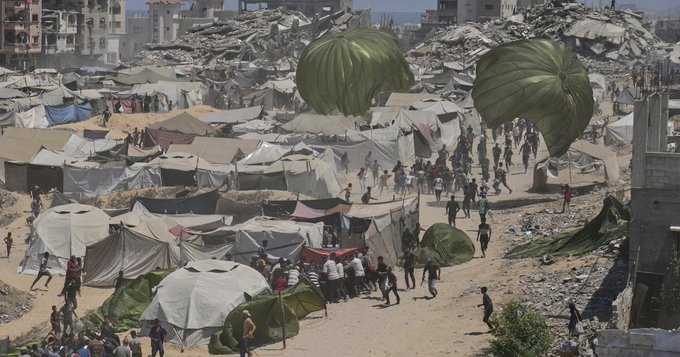


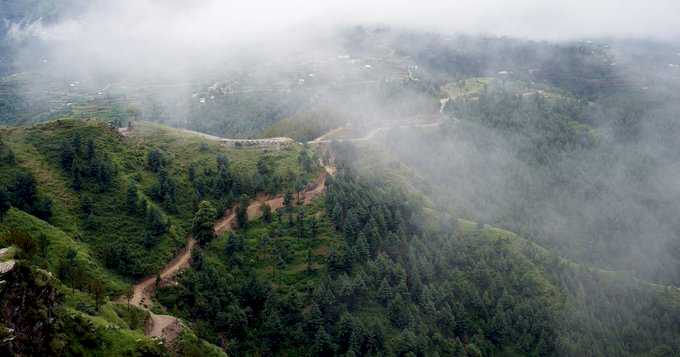



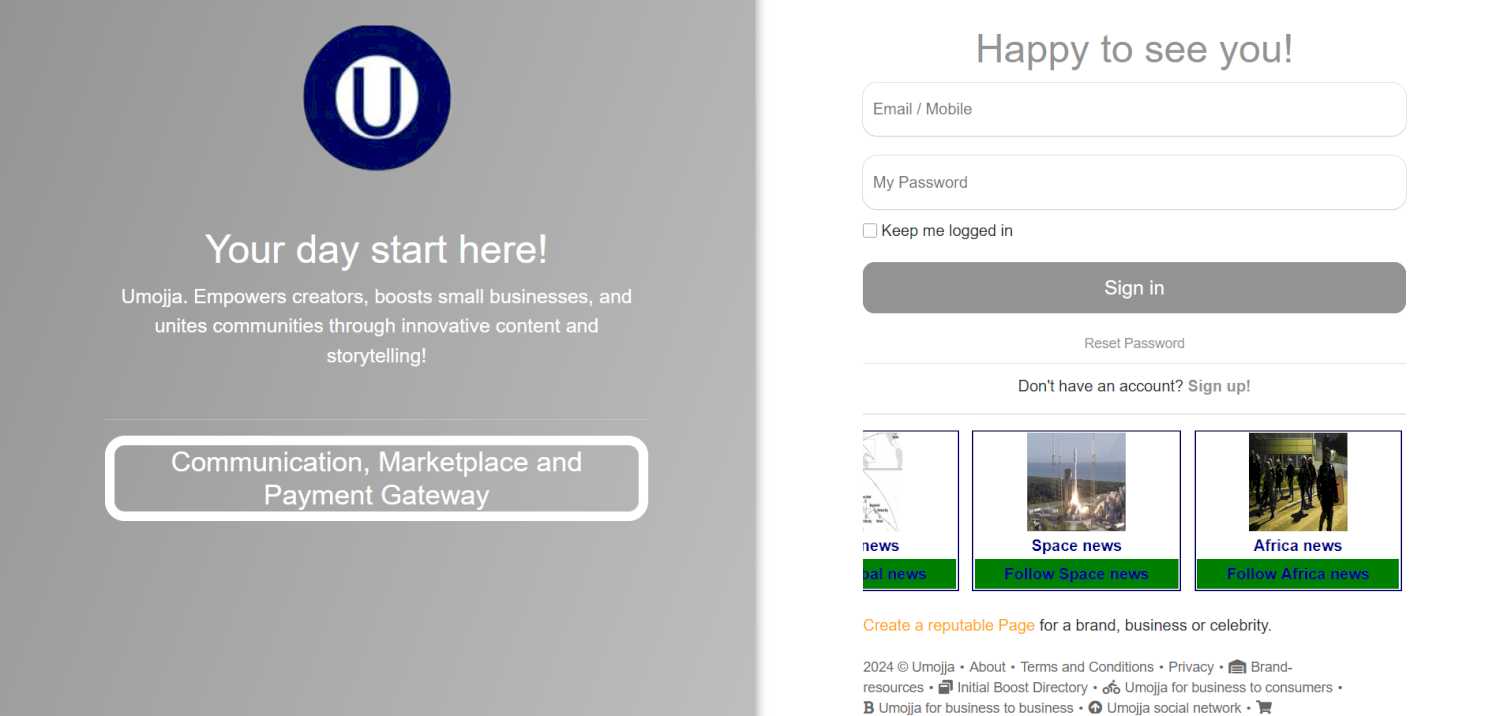

Global News on Umojja.com